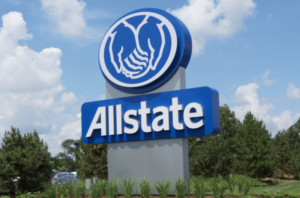Northampton Rounds Out Decarbonization Demonstration
Businesses in downtown Northampton as photographed in August 2015
Pilot Program Restricts Fossil Fuels in Building Sector
The city of Northampton will soon be able to restrict fossil fuels in new construction and major renovations after securing the last remaining slot in a state pilot program, the Healey administration announced Tuesday.
The Department of Energy Resources said it picked Northampton to fill an open position in a so-called demonstration program, which allows 10 communities to move away from fossil fuels in the building sector.
Northampton and Somerville were the only two applicants to serve as substitutes in the program. They were vying to fill the position initially held by West Tisbury, a small town on Martha’s Vineyard, which withdrew because its leaders felt they could not meet the affordable housing eligibility requirements.
The decision adds a western Massachusetts perspective to the program, whose other members are Acton, Arlington, Aquinnah, Brookline, Cambridge, Concord, Lincoln, Lexington and Newton.
Administration officials touted the addition of Northampton as a way to ensure “regional and economic diversity” in the program. The city of about 28,000 people is the only one in the program that receives electricity from National Grid.
“We look forward to learning from this program as we work to decarbonize our buildings,” DOER Commissioner Elizabeth Mahony said in a statement. “Choosing between two communities on the cutting edge of climate innovation was challenging, and we want to thank Somerville for its bold climate leadership. As the pilot gets started, we encourage all communities interested in lowering emissions and energy costs to adopt the specialized energy stretch code to ensure new buildings are equipped with heat pumps and other electric appliances.”
Lawmakers created the program in a 2022 climate law, and former Gov. Charlie Baker allowed it to proceed after initially expressing some concerns.
Initial members got approval earlier this year to begin restricting fossil fuels in the building sector, which is responsible for about 35 percent of greenhouse gas emissions in Massachusetts.
Leaders in Salem and Boston also eyed the open slot in the program, but ultimately decided not to apply to join.






